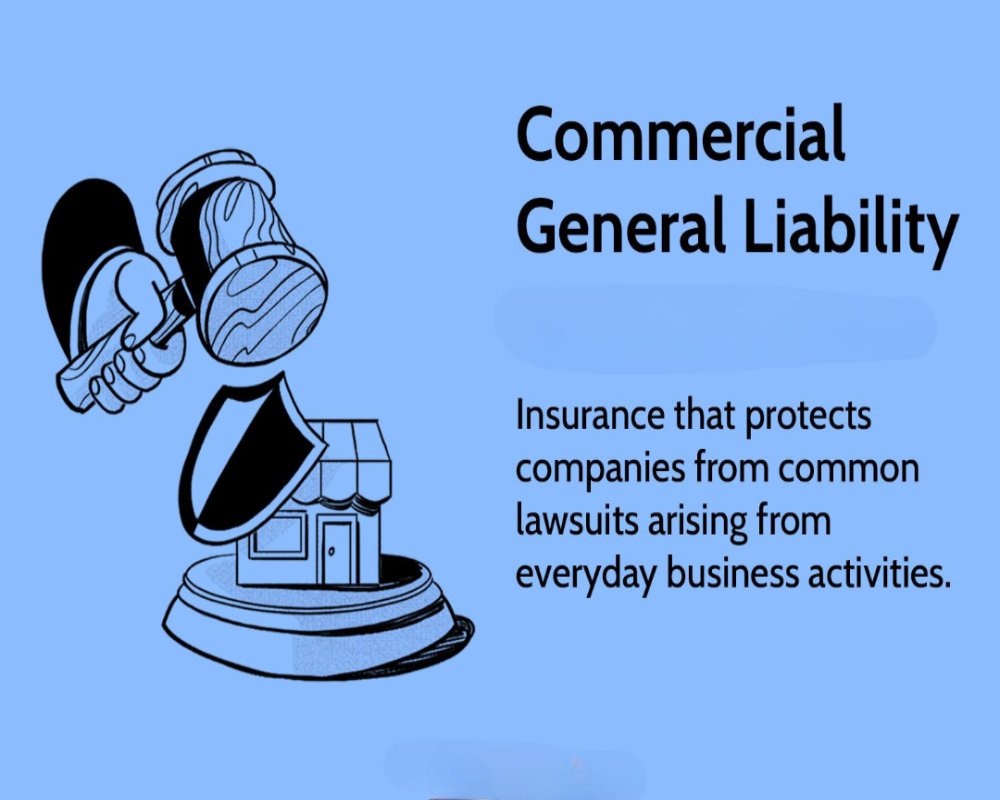When acquiring and remediating a contaminated industrial site, legal protections are critical to limit ongoing or future liability. These protections ensure that the new owner is not held responsible for past violations, provided cleanup was completed in good faith and accordance with environmental regulations. Below are five major legal protections commonly available to safeguard buyers and developers post-acquisition and remediation:
1. No Further Action (NFA) or Closure Certificates
- Issued by: State Pollution Control Boards (SPCBs) or equivalent environmental regulators.
- Purpose: Confirms that the site has been cleaned to regulatory standards and that no additional remediation is required under current conditions.
- Scope: Protects against further cleanup mandates, provided land use does not change or new contamination isn’t discovered.
- Limitation: May include conditions such as long-term monitoring or land use restrictions.
2. Indemnity Clauses in Purchase Agreements
- Issued by: Seller or previous operator as part of the legal transfer documentation.
- Purpose: Legally binds the seller to cover certain liabilities or cleanup costs if issues arise post-sale that originated before the acquisition.
- Scope: Typically negotiated based on the risk level, environmental assessments, and deal size.
- Limitation: Effectiveness depends on the financial strength and credibility of the indemnifying party.
3. Prospective Purchaser Agreements (PPAs)
- Issued by: Government agencies in some jurisdictions (not formally present in India, but similar to contractually structured waivers).
- Purpose: Provides conditional liability protection for buyers who did not cause contamination and commit to cleanup or containment.
- Scope: Protects from prosecution under certain environmental laws post-remediation.
- Limitation: Requires formal regulatory engagement and strict adherence to cleanup plans.
4. Environmental Insurance (Pollution Legal Liability Policies)
- Issued by: Private insurers offering environmental risk products.
- Purpose: Covers unknown or re-emerging contamination discovered post-purchase or post-remediation.
- Scope: Can include cleanup costs, third-party claims, bodily injury, property damage, or business interruption.
- Limitation: Premiums and exclusions apply; requires strong environmental due diligence for underwriting.
5. Brownfield Redevelopment Programs and Regulatory Safe Harbors
- Issued by: Central or state governments under formal remediation or urban renewal programs.
- Purpose: Offers incentives and legal protections for developers who rehabilitate contaminated land.
- Scope: May include tax benefits, funding support, and partial immunity from historical liability.
Limitation: Conditional on registration, use compliance, and long-term reporting.




